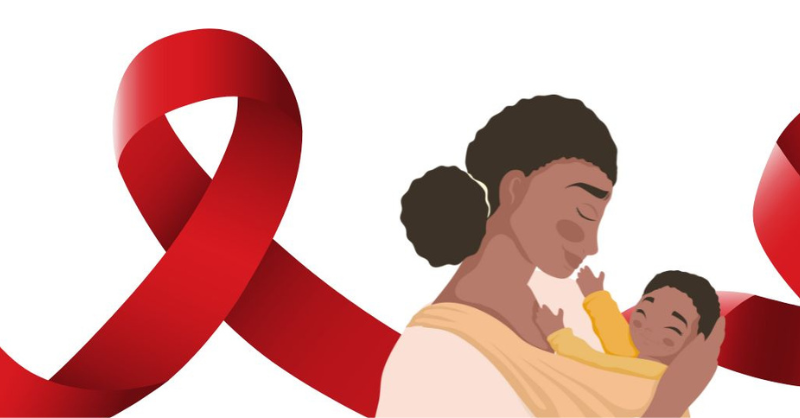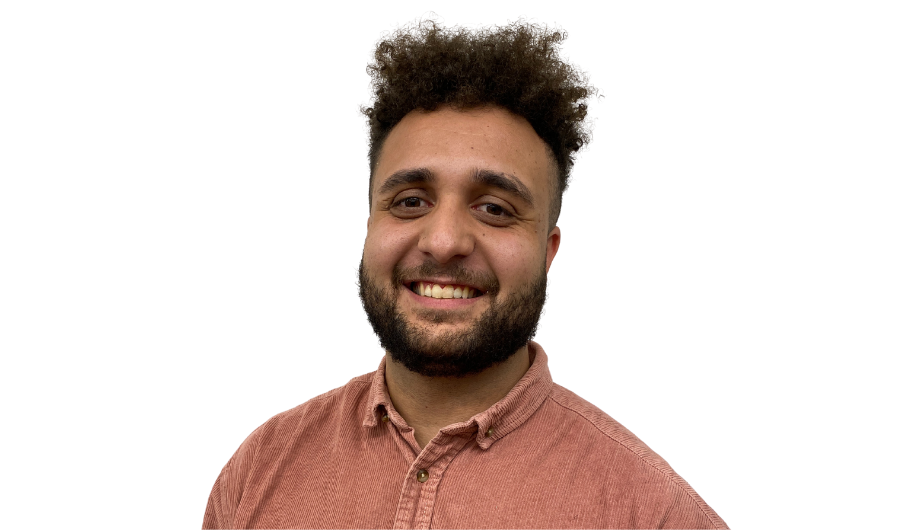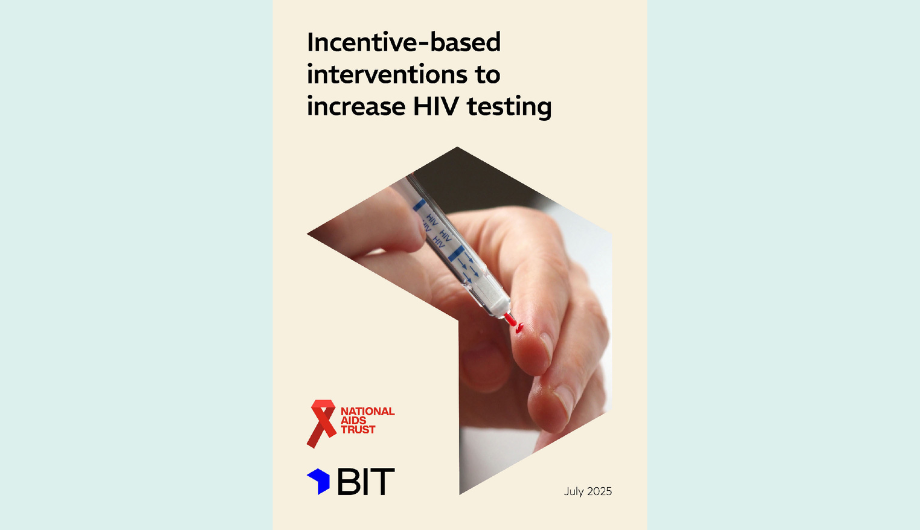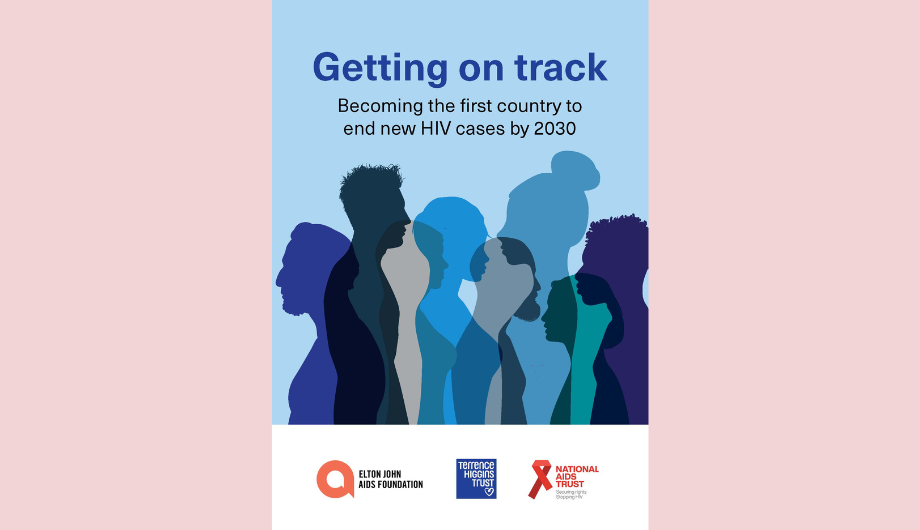Getting on track to end new HIV cases by 2030
The next HIV Action Plan will be critical if England is going to meet the goal of ending new HIV transmissions by 2030.
With Elton John AIDS Foundation and Terrence Higgins Trust, we have launched a new report: Getting on track: Becoming the first country to end new HIV cases by 2030. The report identifies six recommendations which should be addressed in the Government’s next HIV Action Plan.
The recommendations were made following consultation and engagement with an array of different people and organisations, including HIV sector leaders, clinicians, policy-makers and – crucially – people living with HIV themselves.
Making England the first country in the world to end new cases of HIV is still possible, but we are not on track. We can do it only if we accelerate our efforts now. We believe that with ambition, investment and clear direction, we can get this done.










